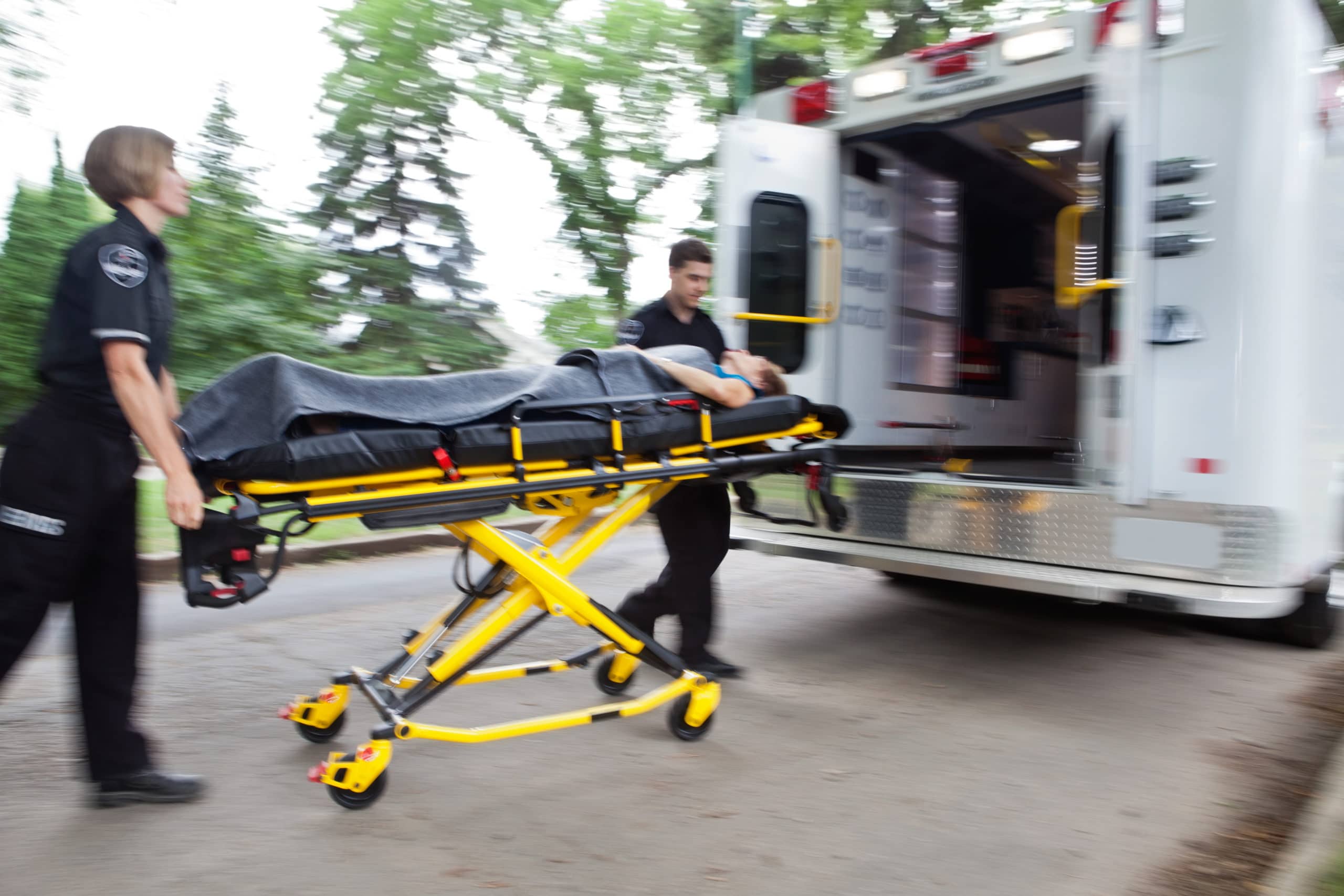Supporting First Responders: You are here for us, and we are here for you

First responders such as police officers, firefighters, EMTs, military personnel, paramedics, crisis response teams, emergency room medical professionals, and anyone who responds to community crisis put their safety and wellbeing on the line every day for others. Trained to be the first on the scene of emergencies, first responders are more likely to have an addiction and mental health issues due to the unique stressors of their work environment. They have an increased risk of PTSD and substance use disorders, as well as a possibility of prescription abuse from legitimate injuries that required medication. There is also a stigma in this profession about asking for help. They are the first to help but last to ask for themselves, and their selfless service comes with a cost.
In many cases, trauma plus stress leads to addiction. First responders are at high risk for addiction as they face the possibility of life-threatening injuries on a daily basis. This can lead to chemical dependency, medical problems, and mental health issues.
Dedicated to the safety of others, first responders experience daily what most people never bear, yet they are some of the most vulnerable. First responder jobs are tough jobs for tough people. But there is a stigma in these careers, that places little value on “feelings”. There is not always a process in place for debriefing, and when someone is struggling, there can be a fear of being seen as weak. There is a high priority on team spirit in first responder careers, and no one wants to be the weakest link. There can even be a fear of losing one job if they express they are struggling.
Due to the stress of the traumatic work environment, and inability to express mental health struggles in that environment, alcohol is commonly accepted as the method of choice for relieving stress and coping. It is even valued as a team bonding experience, as team drinking. Stress and trauma are the most common factors in first responder’s higher rates of addiction and substance abuse.
According to SAMHSA, career firemen are at higher risk of alcohol abuse, and 69% of EMS workers never have time to recover from a traumatic work event, and half of the firefighter deaths are due to stress and exhaustion.
Even in retirement, the memories of the traumatic work environment can still be a trigger. Retired first responders can still experience nightmares, fear of places or things, disturbing memories, numbing, addiction, and toxic relationships.
First responders put themselves in harm’s way to help others, and they deserve the best treatment. It is important for our society that they are sober and clean as well.
We at the Spring Hill Recovery Center want to praise and support our first responders, and we are a resource for any mental health or addiction issues you or your loved one may face. We can help first responders find healthy coping methods instead of drugs and alcohol, and provide many other treatment options and support for mental health issues.


